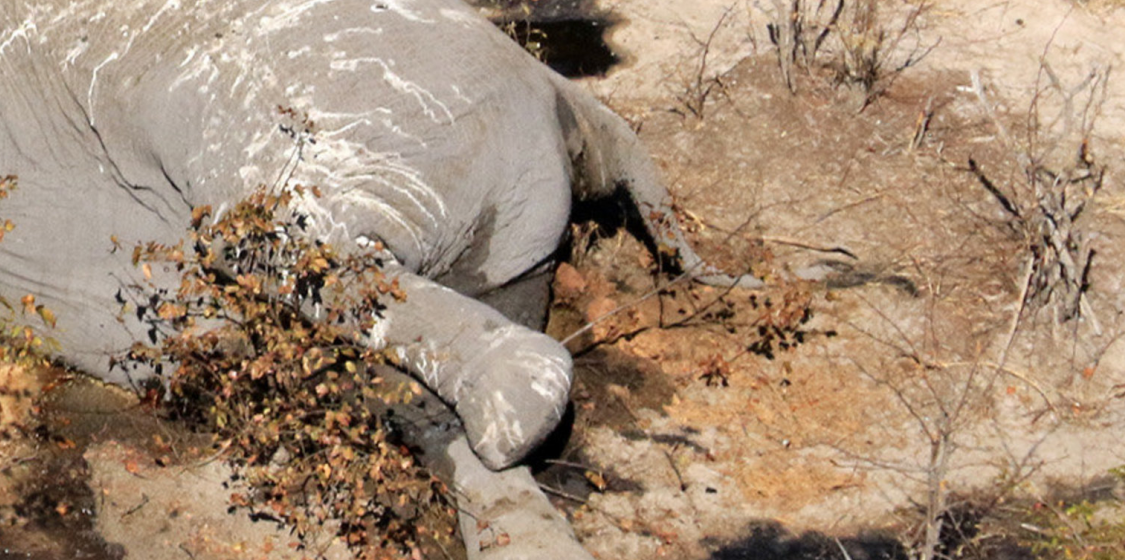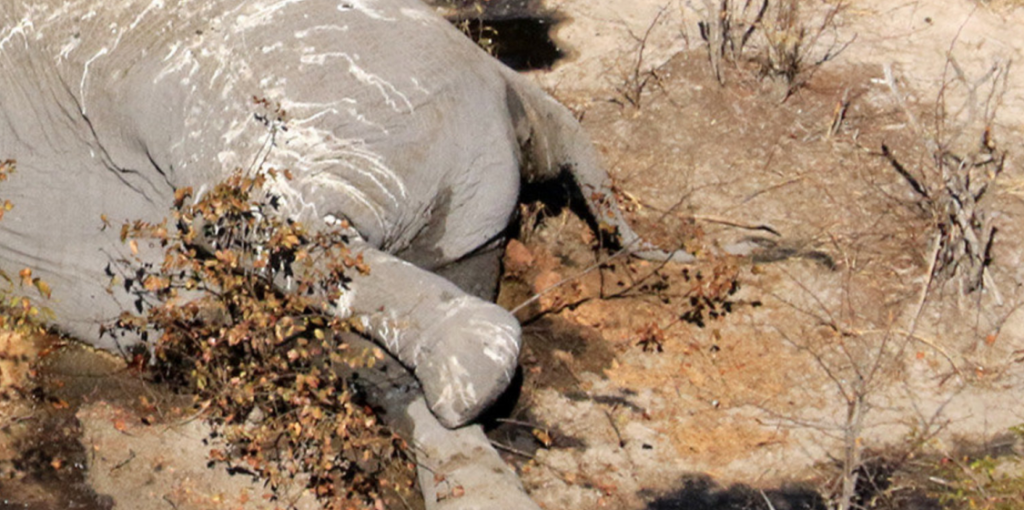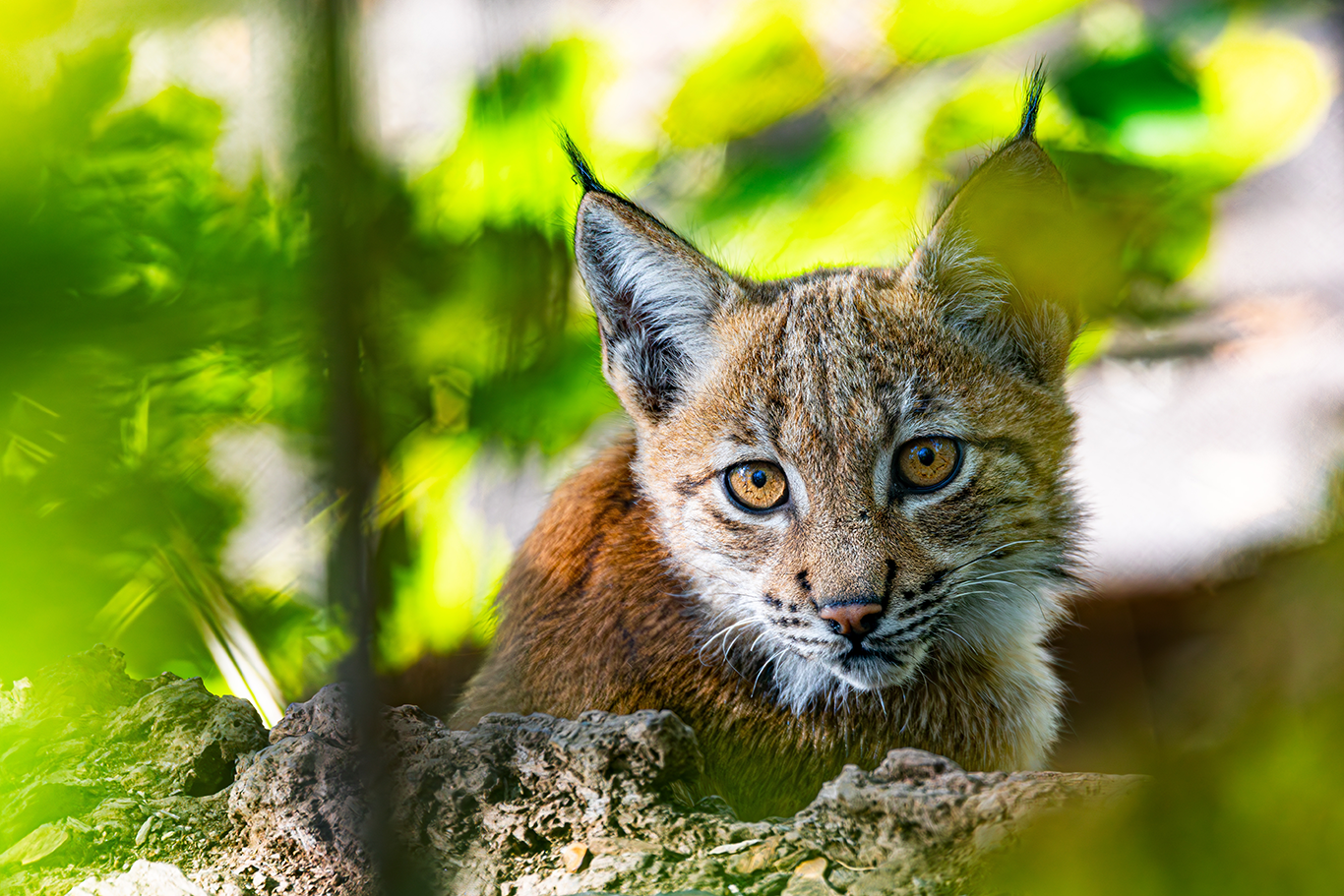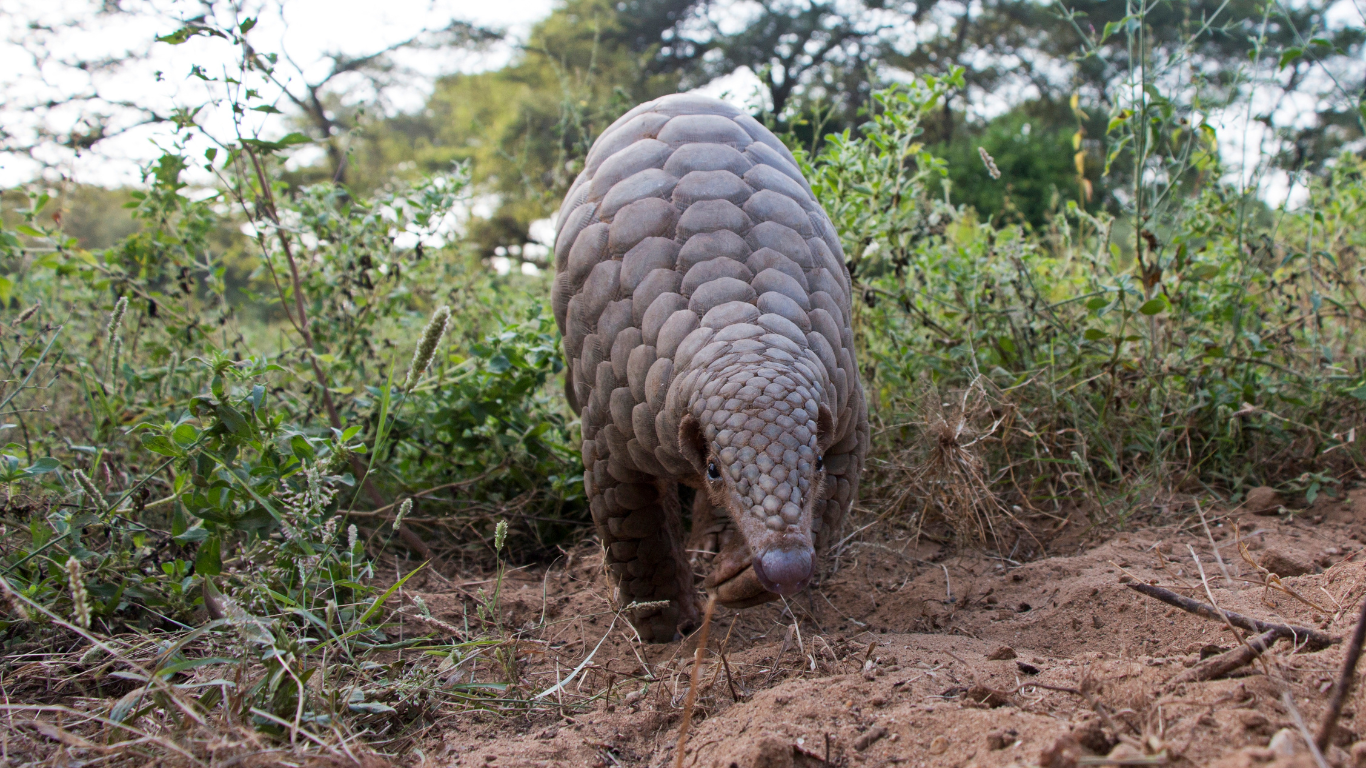Botswana has reintroduced elephant hunts, a move that’s likely to further inflame the controversy that’s threatening a $2-billion (£1.62-billion) tourism industry after a five-year ban on hunting was lifted.
President Mokgweetsi Masisi put elephants at the centre of Botswana’s politics ahead of the October elections, breaking ranks with his predecessor Ian Khama and angering conservationists by saying elephants are too numerous and threaten villagers. While his stance has won widespread rural support, it’s prompted warnings that tourists may go elsewhere.
Andrea Matthee, a campaigner for the Animal Survival International (formerly Political Animal Lobby) called upon the international community to speak out against a practice that flies in the face of world opinion. “It is a decision that will lead to the cruel and unnecessary slaughter of elephants for no reason other than to boost the egos of people who should know better. It will also have a seriously negative effect on Botswana’s tourist industry which provides thousands of jobs for the country’s people.”
Matthee said that ASI sincerely hopes that a new government will be elected that will reinstate a ban on hunting. “We call upon all our supporters to support ASI in expressing strong opposition to trophy hunting, at a time when elephant numbers are plummeting.”
The Botswana government will auction licenses to hunting operators for the right to shoot 158 elephants but is yet to decide on the minimum price it will set at the sales, said Kitso Mokaila, the country’s environment minister.
There will also be a charge of $1,834 (£1,500) for each of the 72 elephant hunting licenses designated for foreigners, according to government documents seen by Bloomberg. That compares to at least $21,000 (£17,000) for the right to shoot an elephant in neighbouring Zimbabwe.
Botswana has the world’s largest elephant population, but many conservationists dispute this figure, saying that no proper census has been conducted. “We believe the true figure is much lower,” said Matthee.
Tourism, mainly in the form of photographic safaris, accounts for a fifth of Botswana’s economy.





